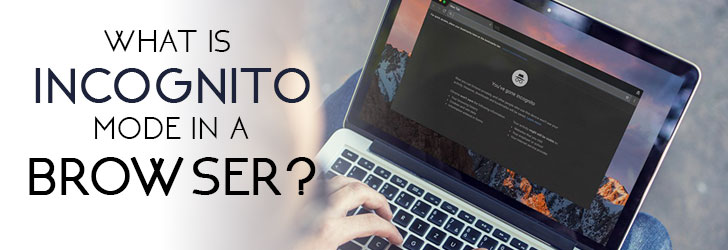
Most casual users only take a glance at the green HTTPS padlock when they open up a website, not paying attention to some of the more precise details of the platform itself. In practice, this is most often a good way of telling if a site is safe. But, there's one question that a growing number of privacy-oriented users are asking - as most websites nowadays can boast with HTTPS, can such a feature maintain the same reputation and security levels as before? In this post, we go into the details of HTTPS to find out if it can be enough to protect your online privacy and security.









